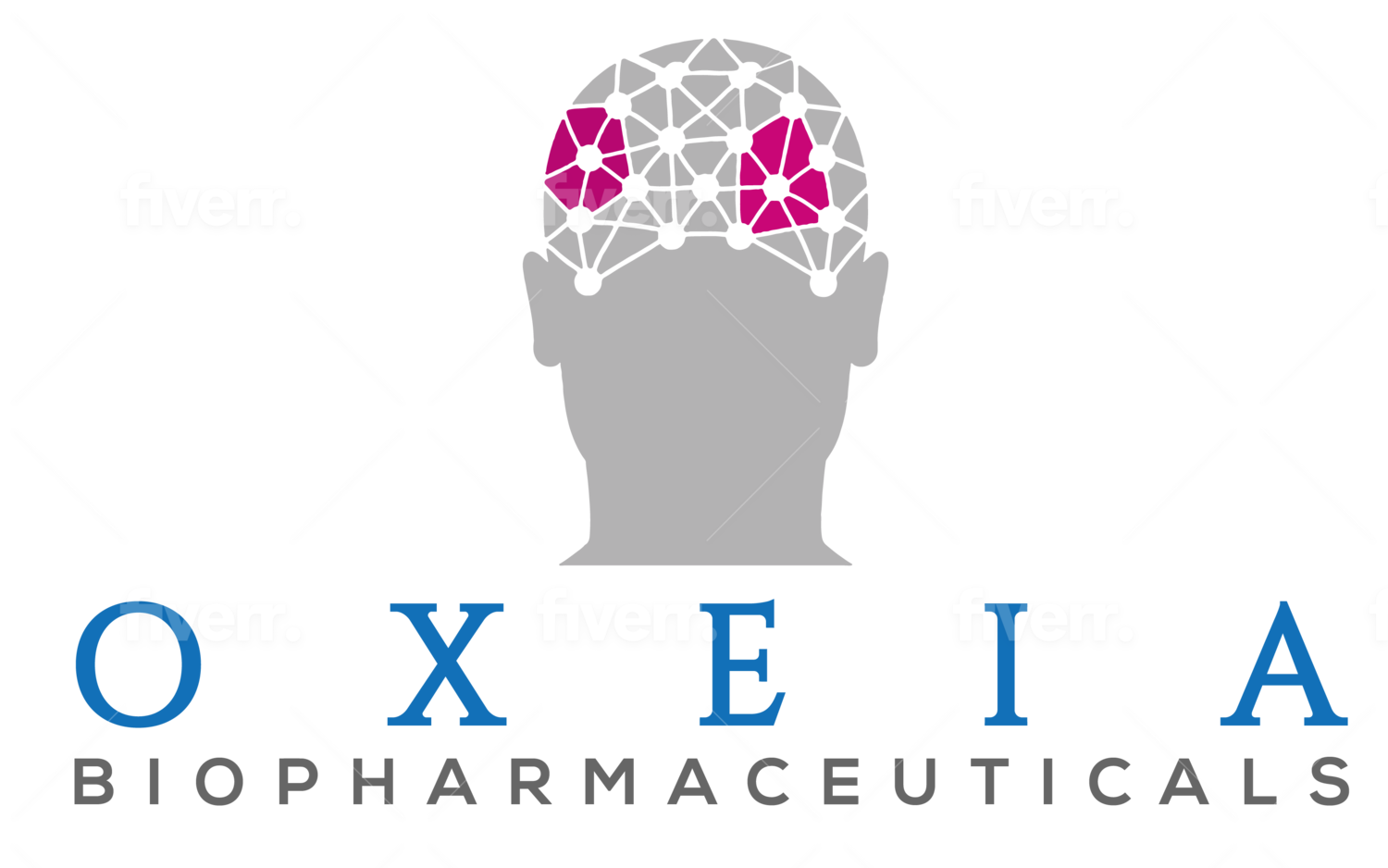Sophie Bikofsky’s Parents
Read Sophie’s parents’ takes on how concussions affect us
David Bikofsky
Parent/Assistant Coach
Karen and David Bikofsky with daughters, Sophie and Sarah
Fourteen years ago, it was a common belief that if you weren’t knocked out, you were okay. Sophie jumped right up after her injury. So, as both a parent and an assistant coach, I thought, how bad can it be? It was bad.
You don’t have to be knocked out or strike your head to have a concussion. Today, there’s better awareness and education in sports, but people that are in motor vehicle accidents or take a fall, often don’t realize till sometime later that they’ve been concussed.
We’ve seen major medical breakthroughs with dramatic global impacts. If you have a stroke, for example, immediate treatment with tPA can improve the chances of recovery. It’s a given that concussions can’t all be prevented. We need effective concussion drugs, so that people like Sophie will have effective treatments for the underlying damage that occurs in a concussion and, hopefully, prevent the ongoing symptoms.
Karen Bikofsky
Parent/Nurse Practitioner
Sophie’s concussion permeated so many parts of her life – academics, sports and her social interactions. After her concussion, I experienced my own apprehensions. As both a parent and a nurse practitioner, I’d anxiously sit through every game, repeating over and over to myself like a mantra, “Don’t hit your head, don’t hit your head.”
I see about half a dozen patients a year that have lasting concussion symptoms. They report that they aren’t feeling well or doing well at work after they’ve had a bike or motor vehicle accident. They don’t understand why.
There’s this stigma around the concussions symptoms people experience because they can’t be seen. We need more education directed at the general public so there is a more comprehensive understanding of concussions, such as the importance of reporting and getting an assessment by a trained professional for a head injury, the effect it can have on the brain, what the symptoms are, how long they can last and the potential implications of repeat concussions.

“You don’t have to be knocked out or strike your head to have a concussion.”
David Bikofsky

